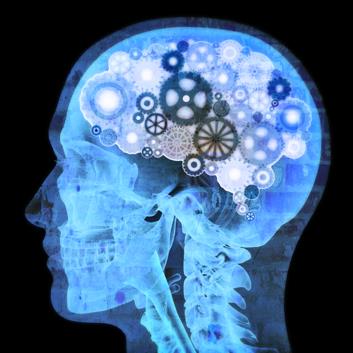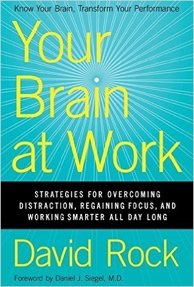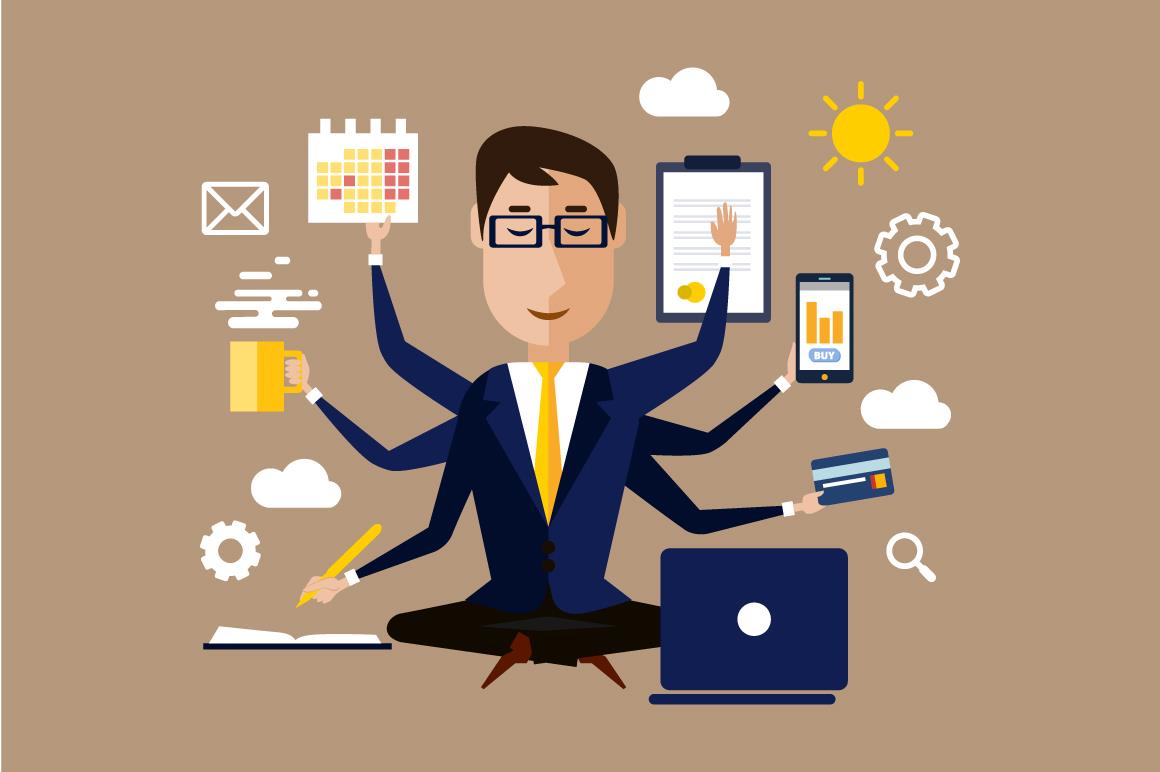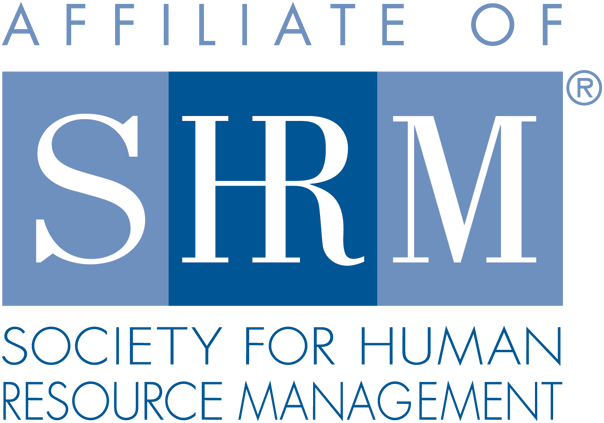
| Past Issues | Advertise | www.nehra.com | insights archive |
Your Brain At Work: A Preview of Dr. David Rock, #NEHRA2016 Opening Keynote
![]() Print this Article | Send to Colleague
Print this Article | Send to Colleague

The idea of controlling our brain often conjures up something futuristic, and sounds impossible as it is viewed to be our body’s biggest mystery. However, David Rock, co-founder/director of the NeuroLeadership Institute, a pioneer in operationalizing neuroscience for improved productivity and leadership, shows us that by better understanding how our brain works, we actually have better control of our productivity, our ability to focus, how we manage stress and how we can increase our sense of well-being.
When I hear the following from executive coaching clients:
"I am always behind and can never catch up, I am drowning in email."
"I am having a hard time focusing and nothing is getting done well."
I often recommend Rock’s book Your Brain at Work: Strategies for Overcoming Distraction, Regaining Focus, and Working Smarter All Day Long.
 Rock’s book is a straight-forward
read full of powerful lessons shared through the story of Emily and Paul, a
couple who have a busy life with young children, demanding jobs, deadlines,
details to manage and plenty of stress. Rock takes us inside Emily and Paul’s
brains and uses the metaphor of actors on a stage to show us how we can better
deal with the vast quantities of information, tasks and stress that life and
work hand out. He explains how the brain works, shares research and makes
simple suggestions as to how we can not only survive the "epidemic of
overwhelm," but thrive and regain control and increase our energy.
Rock’s book is a straight-forward
read full of powerful lessons shared through the story of Emily and Paul, a
couple who have a busy life with young children, demanding jobs, deadlines,
details to manage and plenty of stress. Rock takes us inside Emily and Paul’s
brains and uses the metaphor of actors on a stage to show us how we can better
deal with the vast quantities of information, tasks and stress that life and
work hand out. He explains how the brain works, shares research and makes
simple suggestions as to how we can not only survive the "epidemic of
overwhelm," but thrive and regain control and increase our energy.
Some of these tactics include:
Stop Multitasking!

Our 24/7 society has more noise and more distractions than ever before, and our attention is constantly being vied for by our technological devices that completely infiltrate our lives and work. Being pressed for time, we often try to do multiple things at once under the false impression that we are being productive. Rock’s point is that while it’s physically possible to do several mental tasks at once, the accuracy and performance drop off dramatically the more you try to do, especially if the mental tasks require greater energy or focus.
How many of us have been in the car talking on the phone with a client or work colleague and then missed a turn as we were trying to find our way to a meeting that is in place that is unfamiliar? It’s different talking to your spouse and driving home from work unless the conversation is complicated! He shares research by Pashler [1], whose studies concluded that when people do two cognitive tasks at once, their cognitive capacity can drop from that of a Harvard MBA to that of an eight-year-old. Other studies support this finding and make the comparison to losing a full night’s sleep, an 15 point IQ decrease or trying to perform tasks while under the influence of marijuana.[2]
Use Your Mental Resources Efficiently
The lesson is clear: if accuracy is important, don't divide your attention. Or course you can do two mental tasks simultaneously, but they will often take twice as long and not be done or performed as well. Rock further explains that "conscious mental activities chew up metabolic resources that actually get depleted and need to be recharged," and this is why it’s important to use your mental resources efficiently. He provides tips on how to organize our day, breaking our work into manageable chunks with email being an activity that gets allocated to specific times. While email has become a key way that we work, other research shows us that its use has begun to impact productivity and focus. Other studies show that more than two thirds of workers said that email creates the biggest distraction in the workday. A study by McKinsey Global Institute found that the average person spends 13 hours a week on their work email. This actually sounds conservative, but we can see these activities need to be controlled before they control us! Rock explains that we have more mental resources and energy in the beginning of the day and that it is better to spend this time on activities that require creating and developing – i.e. writing a proposal or developing a pitch. More administrative or repetitive work, like email and other tasks are more efficient to do when mental energy is lower.
7 Positive Activities for a Healthier Brain
Here are some activities that help us keep our brain healthy and functioning as well as maximize our mental resources and attention.
1.Sleep: One that many people quickly dismiss as they are too busy but this is what truly restores our mental, physical selves and helps our memory.
2.Playtime: It’s not just for kids but actually contributes to healthier brain function and bring happiness and good feeling. Do activities that bring you joy or hobbies that you find pleasurable.
3.Downtime: Take time to disconnect. When you do this you often gain great insights!
4.Time-in: A conscious effort for reflection and being in the moment/mindfulness.
5.Connecting time: Humans need contact and relationships. Make sure you take the time to be with family, friends and pets.
6.Physical time: Get out and move! It does not have to be extreme athletics but we improve the brain’s plasticity through exercise.
7.Focus time: Single task focus! Commit to attention management and eliminating distractions for better performance.
Understanding how to best leverage your mental energy can bring greater productivity and allow you to have more control over life, lower stress and increase your emotional well-being. If you are interested in exploring this topic in more detail for yourself or your organization, please contact Michèle Barnett Berg at michele.berg@mcgpartners.net
If you want to learn more about more about managing your brain’s mental energy and resources, pick up a copy of Rock’s book Your Brain at Work - or even better, see him speak in-person at the upcoming NEHRA Conference September 28-30th, and come visit us at the MCG Partners booth # 54 - we look forward to seeing you!
About MCG Partners: Passion. People. Performance.
MCG Partners is a Greater Boston-based consultancy specializing in executive coaching, leadership development, talent management and organizational development solutions. MCG Partners is also a Predictive Index® (PI®) certified partner.
Career Advisors, a subsidiary of MCG Partners, offers outplacement and career management services for organizations and individuals
